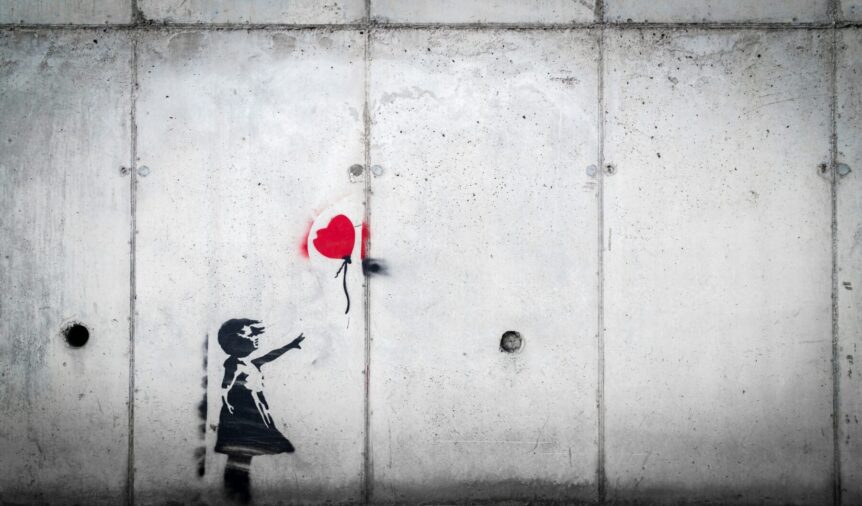What about our Losses?
“I will repay, says The Lord.” Rom.12:19
There are two parts to God’s handling of injustice. One is vengeance and the other is repayment. Together they enable us to fully release any injustice to God’s attention. When we tear up someone’s IOU, with forgiveness, the question still remains, “but what about what that costs me?”
Clearly, Rom.12:19 refers to vengeance upon the perpetrators of our losses and we need not, and must not, be involved in that exercise. But Scripture includes multiple applications of truth. It is appropriate to see “I will repay” as also applying to the “consolation of Christ.” Therein is the final answer to the question, “what about our losses?”
Christ is defined as “our consolation” for all losses we suffer in obedience to Him. He’s what we get for our trouble. That’s the difference between the believer’s suffering and the unbeliever’s. Everyone suffers in this life, it just comes with the territory of “this present evil world.” The difference is, the believer’s sufferings are not in vain. “As the sufferings of Christ abound in us, so our consolation also abounds by Christ,” 2Cor.1:5. He is what makes it all worth it. In Heaven, it’s the martyrs that are leading the chorus, singing forever, “thou art worthy,”
(” worth it!”) Rev.4:11.
Joni Erickson, Tada made quadriplegic by a tragic diving accident, said one of the most inspiring things I have ever heard. “I would not trade the sweetness of Christ that I have gained, to walk.”
Obedience in forgiving injustices mortifies something of ourselves. Forgiving is painful suffering, but it’s Godly suffering, therefore it’s never in vain. In exchange, we gain something of Christ in place of ourselves, and the greatest part of that gain is, it’s for all eternity. This is the answer to “it’s not fair!” The truth is, it overrules what’s not fair, ultimately transforming our greatest challenges into our greatest blessings forever.
Forgiving injustice is an intimate fellowship with The Cross of Christ. It is the “not my will but yours be done “ denying of self” part. We become a little more like Him each time we take up that cross and follow His lead in forgiving others and leaving our vindication to God. The sweetness of this trade is not worthy to be compared with its cost. There is no greater gain in this life than to become like Jesus. This is what it means to be conformed to the image of Christ. It’s permanent, undiminishable and ours to keep for all eternity. It’s “Christ in you, the hope of Glory,” Col.1:27.
As seen in the case of Job, God’s positive “payback” compensated Job’s natural losses as well. He ended up with twice as much in the end. and his children awaited him in heaven. At the same time reproof was executed upon those who had afflicted him. “I will repay, says the Lord.”
Payback awaits us in eternity, as in the case of the beggar in Abrahams’s bosom, Lk16:22. Payback while on earth seems to be God’s call on an individual basis as in the case of Job. But in all cases, we cannot lose if we suffer loss for His sake. Nothing can defeat us.
God keeps a close account of our losses, costs, and expenses in His service. “No man ever serves in the army and pays his own salary” 1Cor9:7 ICB. He enables us to tear up all IOUs by promising, “I will repay.” Count on it, in order to forgive.


